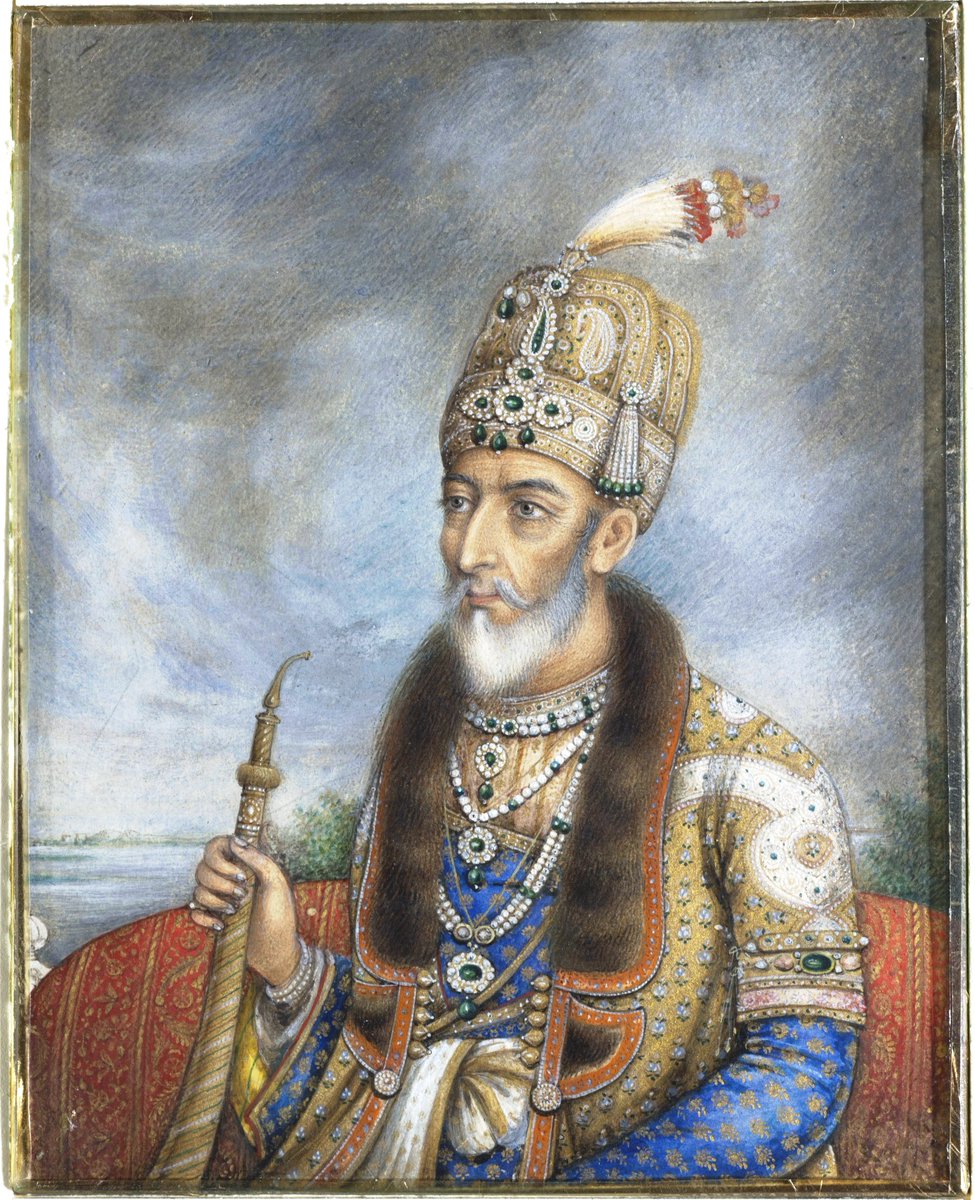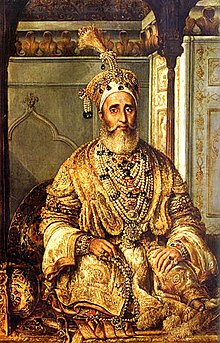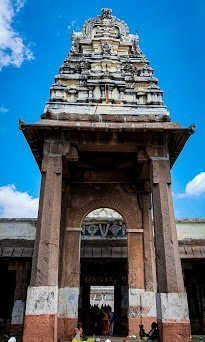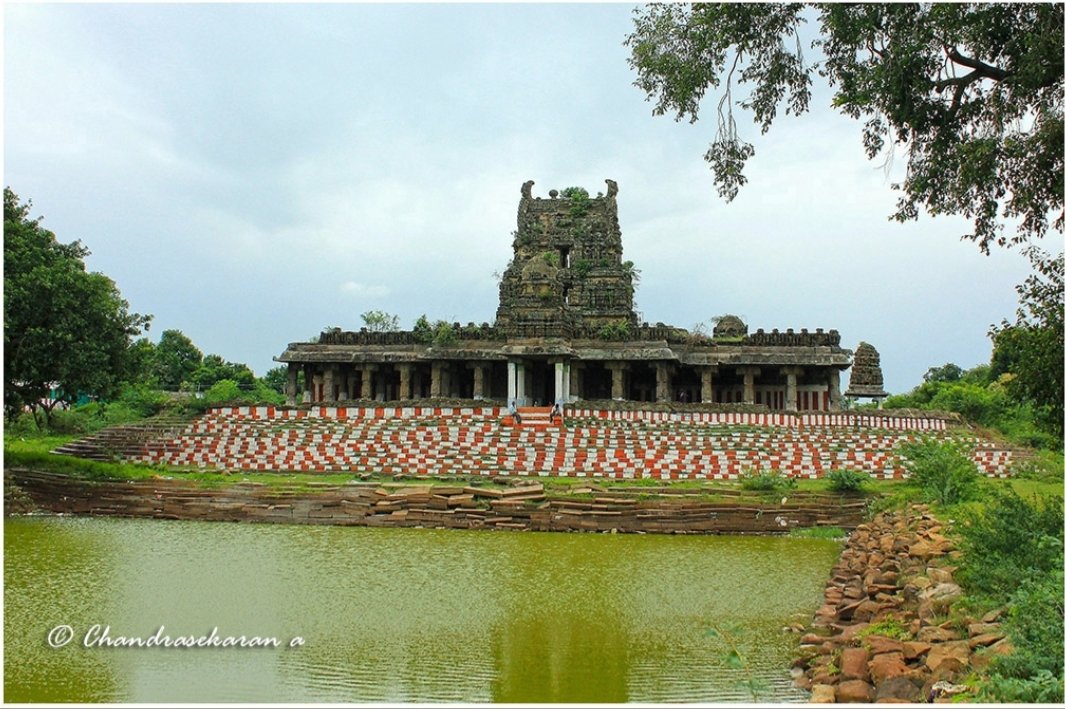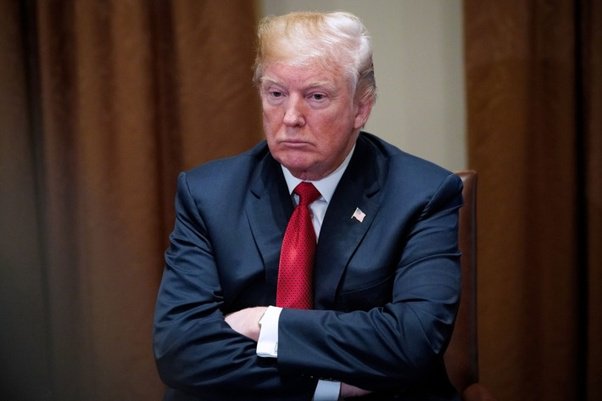While the mutiny was defeated in a matter of just over a year or so, King lost badly, sacrificing his sons who were butchered by a British officer, faced sham trial where there was no hope of justice and judge was doing all to punish the king and then faced the worst humiliation
Zafar was 20th and last Mughal emperor. He succeeded his father, Akbar II, upon his death on 28 Sept 1837. He was a titular Emperor, as the Empire existed in name when he became the emperor as the authority of the empire had shrunk only to the walled city of Old Delhi.
There is no denying the fact that Zafar had inherited an ‘empire’ that was empire only in name. This empire was all set to expire with the death of Zafar and it had been agreed upon between him n the company that after his death, Mughals will leave Red Fort and settle in Mahrauli
Saif Mahmood while writing in his Beloved Delhi says: Ironically, this was happening as Mughal Delhi, the great theatre of Urdu poetry, was losing its eminence. By the time the frail sixty-two-year-old Bahadur Shah Zafar ascended the throne in September 1837,
…the grandeur of the Mughal Empire had completely faded away. The people of Delhi still looked up to Zafar as the Zill-eSubhaani (Shadow of God), and poets still sought his appreciation and patronage, but he was Emperor only in name, reduced to a mere employee of the Company,
surviving on an annual stipend that barely covered the costs of running the Qila-e-Moalla which, by now, shorn of its erstwhile splendour, had begun to be referred to as Lal Qila or Red Fort.
He seemed to be well aware of his resources and the ragtag army of the sepoys who seemed unorganized and even at odds with each other. However, when the sepoys told him that they would not be able to win against Company without him and him, he grudgingly agreed to support him.
The ragtag coalition of the mutineers and the mujahidin was not able to not just beat the Britishers but also unable to manage the affairs of the city. Everything was chaotic. It is said that the administration of the city "chaotic and troublesome", which functioned "haphazardly"
The Emperor nominated eldest son, Mirza Mughal, as the commander in chief. However, Mirza had little military experience and was rejected by the sepoys. The sepoys did not have any commander since each regiment refused to accept orders from someone other than their own officers.
Bakht Khan who had brought a large number of sepoys from Bareilly with huge amount of money was able to win the confidence of Bahadur Shah Zafar and the emperor gave him authority to not just head the army but also to control the mismanagement in and around the city.
In this midst of all round chaos situation around Delhi deteriorated rapidly and Bakht Khan's leadership could not compensate for the rebels' lack of organization, supplies and military strength. Delhi was besieged on 8 June 1857 and game was over for rebels in the Indian capital
On 14 September, the British assaulted the Kashmiri Gate forcing Bahadur Shah to flee to Humayun's Tomb. There is mystery surrounding his surrender, but it took place on 20 September 1857. He was arrested by Major William Hodson along with the princes.
Emperor’s sons Mirza Abu Baker and Mirza Khirz Khan were shot in cold blood. There was unprecedented massacre of civilians in the aftermath of the arrest of Bahadur Shah and his supporters.
@DalrympleWill says, “Zafar was put on show to visitors, displayed ‘like a beast in a cage’. Among his visitors was Times correspondent, William Howard Russell, who was told that the prisoner was the mastermind of the most serious armed act of resistance to Western colonialism.
Unlike different accounts suggest that Bahadur Shah Zafar tried to seek clemency from the Company, it is beyond doubt that Emperor faced the sham trial with composure and aplomb. He never looked fearful notwithstanding as to what was happening surrounding him or his ill health
The trial that began on 27 January 1858, some four months after putting down the Mutiny in Delhi continued for 21 days. There were four main accusations against him. First that he incited the sepoys of the East India Company to revolt against it despite being Company’s pensioner.
2nd charge against him was that he incited many rajas, princes in Delhi and UP, who were the British subjects. Third charge against the octogenarian emperor was that he backstabbed the British government, proclaimed himself as the emperor and sent forces to take on Company armies
4th charge against him was that he ordered the massacre of the English prisoners in the Fort and incited rajas to do the same in their respective domains. After this sham hearing and humiliation heaped upon the Emperor, he was forced out of India in the most humiliating fashion.
On 7 October 1858, India’s last emperor along with his wives, two remaining sons was dispatched towards Rangoon in bullock carts escorted by 9th Lancers under command of Lieutenant Ommaney.
